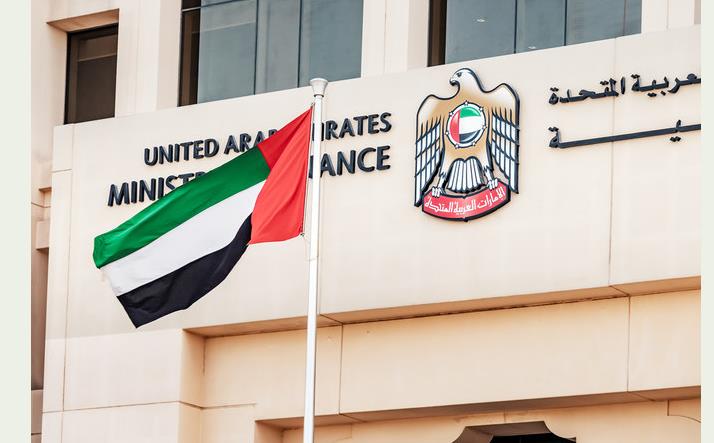
‘These records give people written proof that our ancestors were there, fighting for Britain,’ says British Punjabi politician
An estimated 89,000 Muslims died fighting for Britain in First World War
The records of 320,000 soldiers from Punjab who fought for the allies in the First World War have been made public by historians in Britain.
The records had been held in the basement of Pakistan’s Lahore Museum in Pakistan for more than 97 years, but were unearthed by historians ahead of Armistice Day on Thursday, which marks the anniversary of the end of the First World War.
Punjabis of all faiths, including Muslims, Sikhs, and Hindus, fought for the allies in the war, and around one-third of all Indian troops mobilized in the war effort hailed from Punjab.
Dr. Islam Issa, a researcher at the University of Birmingham, found that nearly 900,000 Muslims fought for the British against Germany and its allies in the First World War, and many of them hailed from Punjab and pre-partition India more broadly.
At least 89,000 of those Muslims were killed, but polls have shown that just two percent of Britons are aware of the Muslim sacrifice in the war.
The newly unearthed records mean that the descendants of those soldiers can now search the service records of their families — a privilege that had previously only been afforded to the families of British and Irish soldiers.
Among those Punjabi Brits who have already searched the records is shadow Railways Minister Tanmanjeet Dhesi, who discovered records showing that his great-grandfather lost a leg while serving in Iraq.
He told The Guardian that his grandmother had regularly spoken about her father, who she said had lost a leg fighting in the war. But, up until now, he had never been able to find more details as there were no available records to examine.
Now Dhesi has found that he served in what was then Mesopotamia, a region divided between modern-day Iraq, Syria, Turkey, and Kuwait.
“I always wondered what had happened, but no one really knew until now. He came home severely injured and went back to being a farmer,” Dhesi said.
“These records give people written proof that our ancestors were there, fighting for Britain. This is about recognizing both the contribution my family made, but also the contribution and sacrifice that people from across the Commonwealth made for the war effort,” he said.
Amandeep Madra, the chair of the UK Punjab Heritage Association who worked with the University of Greenwich to digitize the files, told The Guardian: “Punjab was the main recruiting ground for the Indian army during the First World War. And yet the contribution of the individuals has largely been unrecognized. In most cases, we didn’t even know their names.”












